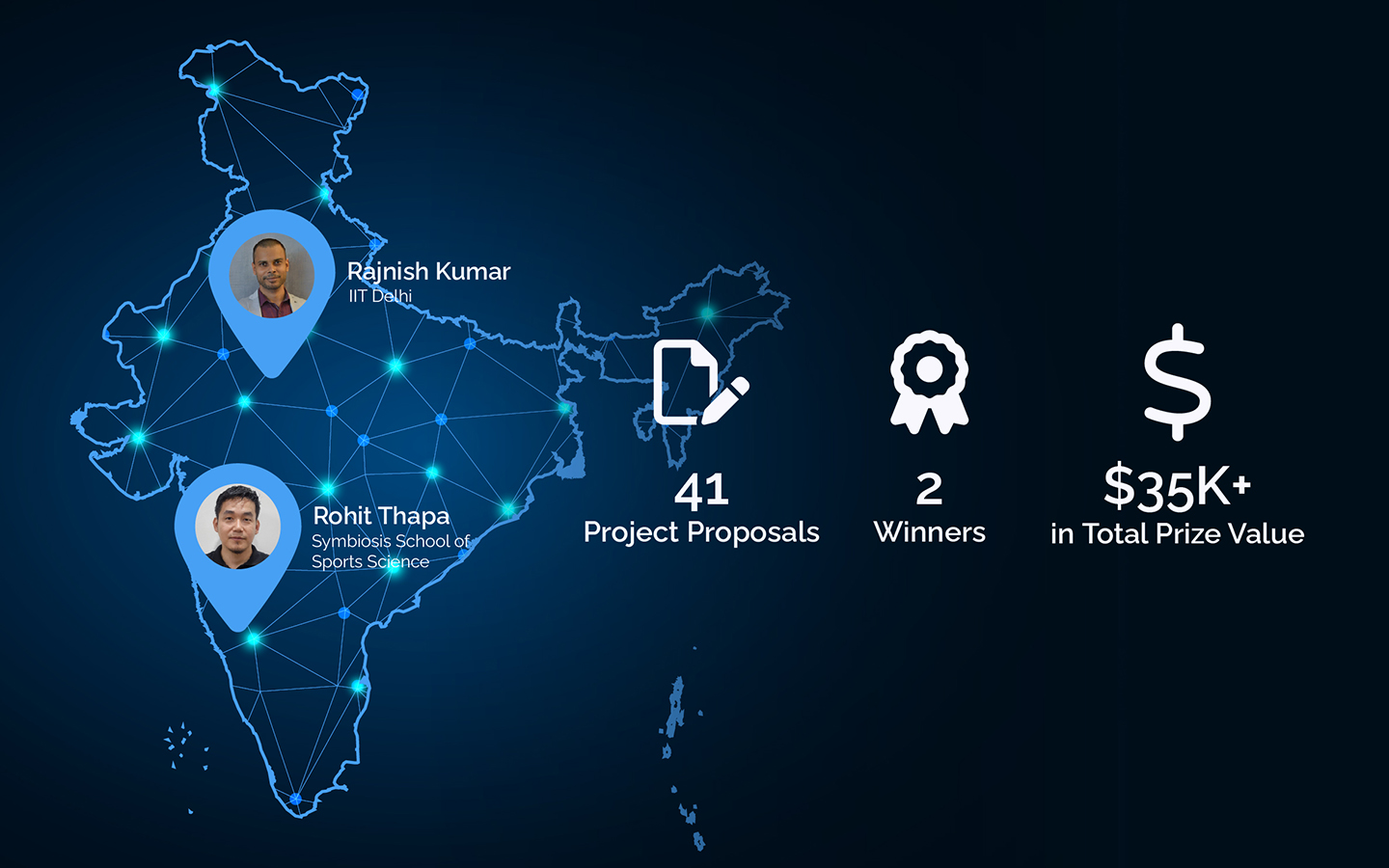Breaking Barriers of Movement Science Research
The De Luca Foundation is spreading our passion for research and innovation across the globe. Through the Integrative Motion Award, we are providing funding and equipment to regions that have a young, but promising, research culture. For the first year of the Integrative Motion Award, the De Luca Foundation is supporting research in India.
We are excited to announce that this year’s application period is over, and the results are in! The De Luca Foundation received 41 unique applications, featuring a wide range of novel research topics. There were many outstanding project proposals, which is a testament to the passion of Indian researchers who look to further the understanding of human movement.

Thank you to everyone who applied for this year’s Integrative Motion Award. The quality of the research coming out of India was inspiring, and we look forward to continuing our support of Indian research through national and worldwide initiatives. To stay tuned for future funding opportunities, please sign up for our newsletter.
Introducing the Winners...
Moxy Package Winner

Mr. Rajnish Kumar PhD Candidate, IIT Delhi
Investigating Effects of Hypoxia-Induced Localized Muscle Fatigue on Joint Torque: A Physics-Informed Neural Network Approach
Mr. Kumar’s proposal deploys a sophisticated and novel physics-informed neural network to model how cardiovascular parameters, muscle fatigue, and joint torque interact under induced hypoxic conditions. The technology provided by this award will result in advancements and validation of their ongoing machine learning approach for predicting joint torque under real-world conditions of fatigue for future applications in sports, rehabilitation, and human-machine interfaces.
VO2 Master Package Winner

Prof. Rohit Thapa Assistant Professor, Symbiosis School of Sports Sciences
Oxygen uptake, EMG & heart rate response during contrast training exercise
Professor Thapa proposes an innovative methodology using new technologies to measure fatigue related physiological correlates to contrast training paradigms. By understanding the fatigue cost of critical performance parameters, contrast training regimens can be designed to optimize the duration of rest periods during the heavy resistance and light ballistic phases of exercise.

